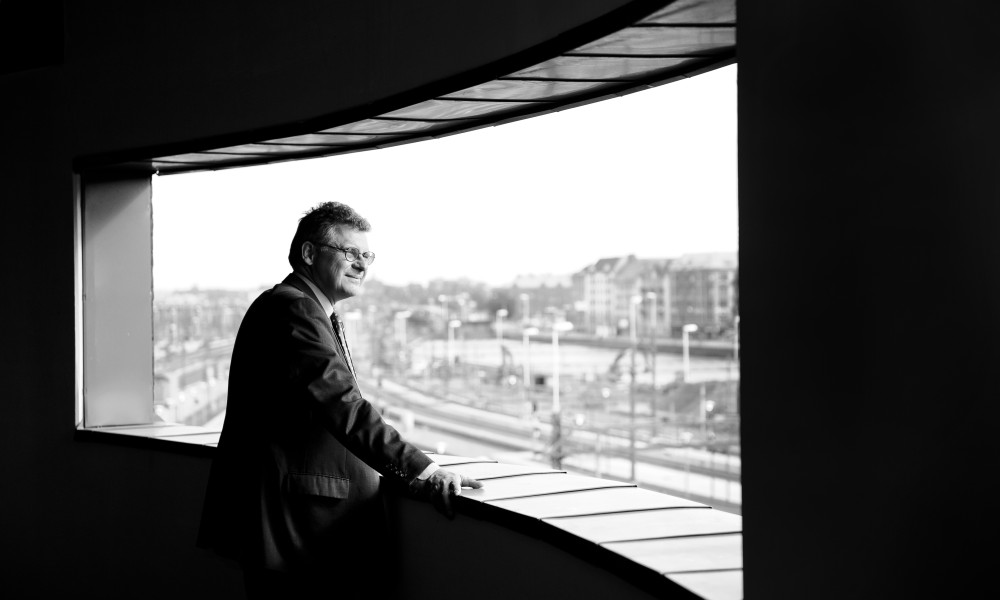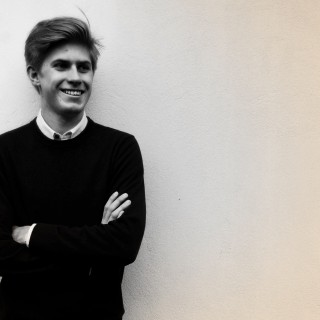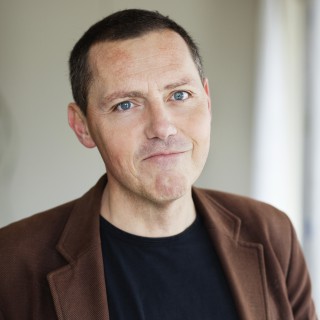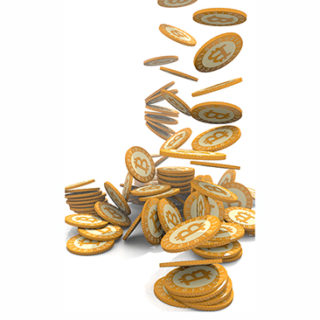A shared approach – the solution to the financial crisis
The financial crisis has shown that a new type of economist is needed; one who is better at linking theory with practice and who also has knowledge of other fields such as law, political science and natural sciences. This is according to Klas Eklund, Adjunct Professor of Economics and senior economist at SEB.
Earlier exaggerated optimism on the state of the world, a dysfunctional political system in the USA and a half-finished monetary union without functioning crisis mechanisms in Europe – these are three causes of the current economic situation, in the view of Klas Eklund. He believes that the academic discipline of economics has become far too specialised.
“We sit in our pigeonholes and are extremely good at what we do, but in very narrow fields. In this situation it is easy to lose sight of the bigger picture.”
“The discussion should not be about high or low growth, but rather about the ‘right’ growth.”
The time before the financial crisis in the US in 2008 was characterised by an unhealthy optimism, in his view.
“There was talk of ‘the great moderation’, that the economic cycle was dead and that we were in a sort of ‘super cycle’. When economists make up new terms and speak in this manner, we have reason to be afraid.”
Klas Eklund sees overconfidence in economic growth and rising asset prices as a reason for the crisis.
“Things that are stable produce the seeds of instability. For example, if house prices rise quickly we should not presume that they are going to continue rising forever. We should rather suspect that a crash is approaching.”
This year the Knut Wicksell Centre of Finance was inaugurated at the School of Economics and Management at Lund University. Klas Eklund says that this is a way for Lund University to broaden the economics discipline.
“At the Centre, economists collaborate with researchers in demographics, law, business economics and economic history. Cross-disciplinary work enables us to uncover risks at an earlier stage.”
One of Klas Eklund’s duties as adjunct professor at the School of Economics and Management is to provide students and colleagues with a clear link ‘between academia and reality’. He does not think it is possible to prevent future crises, but we can at least make sure that we do not make the same mistakes again.
“At the moment we are discussing whether the deregulation went too far and what the future will be like. It is important in this context not to lose all faith in the markets, but rather to ensure that the markets work better in the future.”
Professor Eklund also wants to open the door to science, which he believes has to lot to teach economists in terms of understanding the earth’s resources. Klas Eklund wants to see a transition to ‘green capitalism’, where the price mechanisms and markets can be used to steer developments in the right direction. He does not think the discussion should be about whether we are to have high or low growth, but rather about the ‘right’ growth.
He also believes that economists need to improve their understanding of how people think and justify their decisions.
“The field of experimental economics is showing explosive growth at the moment. Researchers look at how people act in different choice situations, what motivates our decisions in reality and not just in theory.”
Klas Eklund does not rule out the possibility that the current crisis will continue.
“There is a risk that we may see a long period of repercussions. In the US, the labour market is stagnating and households are being cautious. In Europe it will take many years to sort out the Euro crisis.”
Text: Ola Isaksson
Photo: Kennet Ruona
Published: 2012






